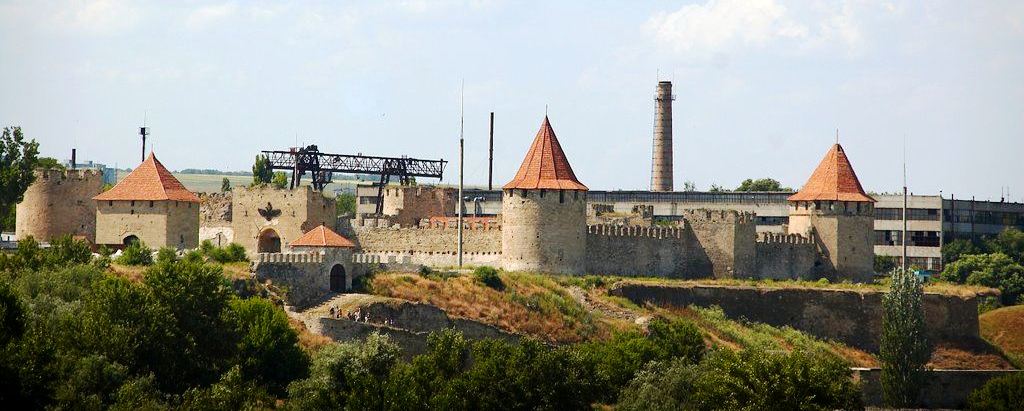Both in the past and nowadays the town appears in publications with two names: Tighina and Bender. Tighina is a name commonly used in Romanian publications, while Bender is used in official prints The name "Bender" was officially taken over by the Moldovian state, despite the protests of teachers, historians and linguists, which emphasized that both the Czarist authorities and the Soviet have systematically promoted foreign names to the detriment of Moldovians, but the Moldovan government should not do the same.
The surface of Tighina municipality is 3867 ha including: 1313 ha - agricultural land, 532 - land for construction and infrastructure, 387 ha - forest land, 1361 ha - land of the localities of Tighina is located on the right bank of the Dniester River. Dnestr descends on a slope a little faster; From here to the sea, the slope is very poor: 5 m to 114 km in straight line or 43 mm to 1 km.
Between July 26 and July 7, 1941, the 4th Army fought for the Nistru River, forcing the river in the Tighina-Dubasari area. After the rejection of the 9th Soviet Army forces in all sectors of the front, the great Romanian units came out with elements advanced to the Black Sea shore, 40-50 km northwest of Odessa. After the annexation of Bessarabia by the Soviets, the towns, including Tighina, Have turned into denationalization and Russian centers of Moldovans from the village and the city. In 1989, none of the 15 schools in Tighina trained or educated in Romanian. Since 1991, the city has been legally owned by the Republic of Moldova but has been administered since 1992 by the Transnistrian separatist authorities supported by Russia.











